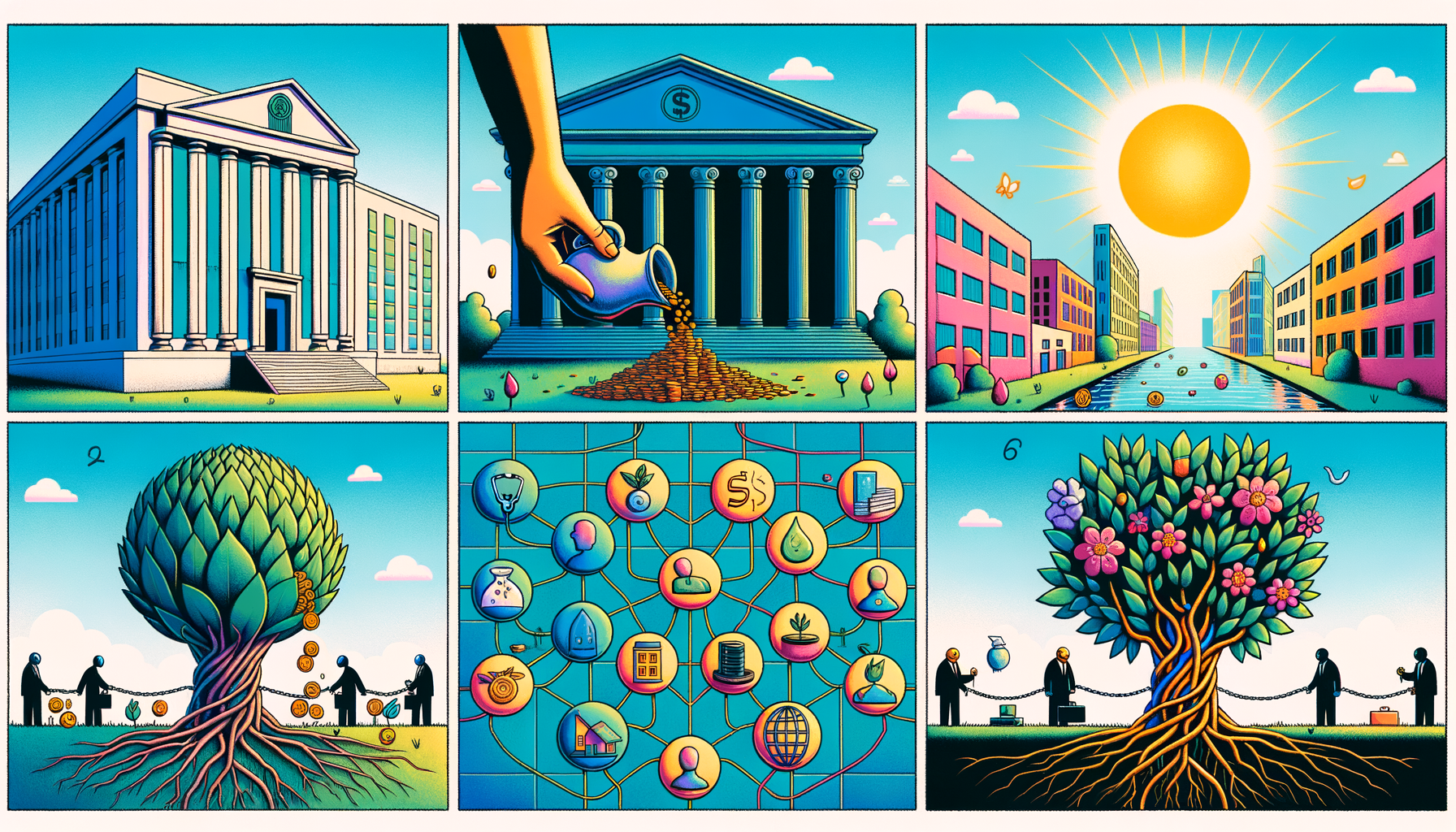“HUD Unveils Over $3 Billion Aid Package to Combat Homelessness: An In-depth Review”

In a groundbreaking move promising to bring some relief to the widespread issue of homelessness in our nation, a federal housing department has committed to allocating over $3 billion to help tackle this persistent problem.
The Department of Housing and Urban Development (HUD), a federal agency that actively works towards building strong, sustainable, and inclusive communities in the United States, has prepped plans to inject into the economy a sizeable amount of $3.034 billion. This fund is designated for the continuum of care, a comprehensive, community-based approach to aiding the homeless or those at serious risk of such a circumstance.
This broadly brushed program is not a singular effort but a collaboration of non-profit providers, state, and local governments. The main aim is to provide a full range of housing through coordinated services, beginning with emergency shelter and transitioning to permanent housing. Comprising of an emergency, transitional, and permanent housing assistance, this program provides services like outreach, evaluation, and referral sourcing.
HUD’s focus is to create an infrastructure that can assess the needs of homeless individuals and families and offer the needed housing, health, mental health, social, and employment services. The scope spans chronically homeless individuals, families, unaccompanied minors, veterans, and those experiencing homelessness due to unemployment, economic downturn, mental health, and domestic violence.
In the face of the ongoing homelessness crisis, HUD’s generous allocation is a beacon of hope. As we move forward, it is pivotal to shed some light on the severity and urgency of this issue. On any given night in America, as many as half a million people have no home to go, and quite a notable portion of this population comprises of veterans, the elderly, and children. In an effort to shift gears and address this issue more effectively, HUD’s funding application process has been tweaked to deliver more successfully to specific target groups.
HUD has launched a competitive application process on a national level while encouraging a local, community-based and coordinated approach. It encourages homelessness assistance applicants to use a Housing First approach that emphasizes no preconditions or barriers to entry. This approach’s significance lies in providing immediate housing, diverting the need for emergency shelter, and preventing the displacement of those who have recently gotten housing.
The enormity of the homelessness crisis in our nation has made it essential to tap into the immense potential data harnesses. To combat the problem on a national scale, HUD promotes the usage of reliable, accurate data on homelessness and promotes cooperation among all parties involved. The department’s intention to distribute funds in a competitive manner is aimed at engendering a more efficient response to the diverse needs of the homeless population at the state, county, and local level.
The process of awarding funds will involve an in-depth analysis of the territories’ capabilities, contingent upon robust planning and data collection process. Funds will be directed to areas demonstrating a proactive approach, signified by evidence of past attempts to prevent or decrease the number of individuals and families grappling with homelessness. Further focus will be put on regions actively working to rehouse individuals and families who become homeless.
The competitive approach set forth by HUD transcends the simple need for financial resources and reinforces the importance of strategic, measured steps in responding to this pressing crisis. The plan pivots on the premise that communities addressing homelessness most effectively are those that have a comprehensive understanding of the issue and have previously employed resources effectively to combat it. It emphasizes that money alone cannot eradicate this problem; a strategic collaboration between various entities is crucial to bring about much-needed change.
With its considerable funding, HUD is not just providing financial backing but also reinforcing the importance of reliable data, strategic planning, and cooperative working relationships among an extensive network of community-based organizations. These organizations are empowered to provide a comprehensive suite of services across housing, health, and employment, highlighting the inclusivity of this initiative.
HUD’s commitment is notable in its twofold approach. It pays attention not only to responsive measures like immediate housing or health services but also anticipatory strategies. By preparing the groundwork for preventing potential homelessness in case of sudden crises like job loss or domestic violence, HUD holds up a balanced approach fostering short-term relief and fostering long-term resilience in our communities.
However, HUD’s assistance does not stop with the allocation of funds. The department offers technical assistance to grantees, creating a robust network for the grantees to draw from in securing the needed resources for an effective response. It equips them with strategies, tools, and services that upgrade their proficiency in handling homelessness.
Undeniably, HUD’s significant funding marks a major stride towards alleviating homelessness in the country extending beyond the mere donation of funds. Recognizing that financial assistance alone cannot resolve the problem, HUD focuses on establishing and enhancing collaborative efforts among community-based organizations to bridge the gap between financial resources and effective solutions.
It’s not just about sheltering people or meeting immediate necessities, although these are incredibly important. It’s also about laying the groundwork to fundamentally change how we, as a country, deal with homelessness. With efforts concentrated at the local level and a focus on prevention strategies, HUD has turned a new leaf in the fight against homelessness.
In conclusion, the allocation of over $3 billion by HUD is a substantial step towards ending homelessness in the country. The model fosters both responsive and preventative measures, focusing on a more inclusive and cooperative strategy that bolsters efforts at the grassroots level. The promising approach by HUD has set a course that is worth emulating, an inclusive and strategic model that values local resilience, steady data collection, and multi-sector cooperation. In doing so, it sets a strong foundation for a future where homelessness can be a thing of the past.
